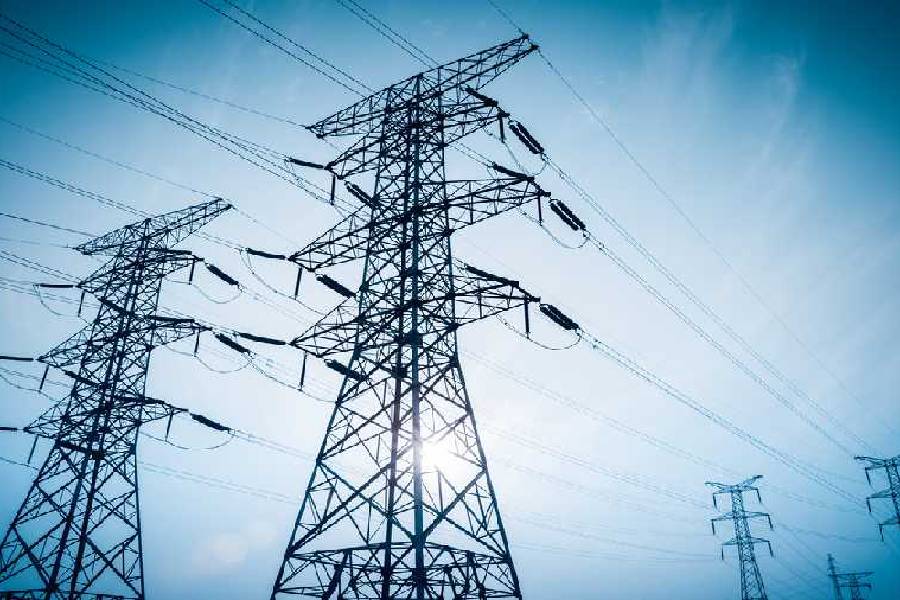With power shortages running into September, the Centre has extended the emergency regime till March — that makes it mandatory for thermal power plants to run at full capacity to the extent of importing coal for this purpose.
However, the power ministry has said thermal power plants can import 4 per cent of their coal requirements against 6 per cent, previously.
The ministry said it extended the emergency regime because the rain deficit has turned the weather dry and increased power demand.
The ministry said the railways cannot transport domestic coal in necessary volumes to let power plants run at full capacity which has led to the mandatory orders on coal import.
The All India Power Engineers’ Federation wondered how the imported coal from the ports to the power plants would be delivered by the railways if it had capacity constraints.
The government has extended the emergency powers (under Section 11 of the Electricity Act) invoked earlier this year till March.
“It has been noted that despite the increase in domestic coal supply during Q1 (first quarter) of FY24 (2023-24), it fell short of meeting the requirement. In August 2023, the gap between coal consumption at domestic coal-based (DCB) plants and receipt of domestic coal was about two lakh tonnes per day. The gap was partly made up with the import of coal,” the order said.
The latest rule will have to be followed by all thermal power plants — central, state gencos and independent power producers (IPPs).
The Central Electricity Authority has estimated a domestic coal requirement of about 404 million tonnes (mt) between October 2023 and March 2024.
“However, due to various logistical constraints associated with the railway network, the availability of rakes during the second half of FY24 (2023-24) will be sufficient for loading and dispatch of only 397mt of domestic coal,” the ministry stated in its order.
The All India Power Engineers’ Federation (AIPEF) said putting an “additional burden” on thermal power plants due to constraints on the part of the railways for transportation of coal is “unfair” and would result in increased power tariffs for consumers.
“If coal is unable to reach the thermal power plants due to railway constraints, then it will be more difficult to reach the imported coal which will have to be brought from the port by the railways,” Shailendra Dubey, chairperson, the AIPEF, said.
“The price of imported coal should be given by the Union government. If the government does not provide this amount, this price will be recovered from the discoms by the power generating houses of the states and ultimately the burden will fall on the common consumer which will be unfair,” Dubey added.











